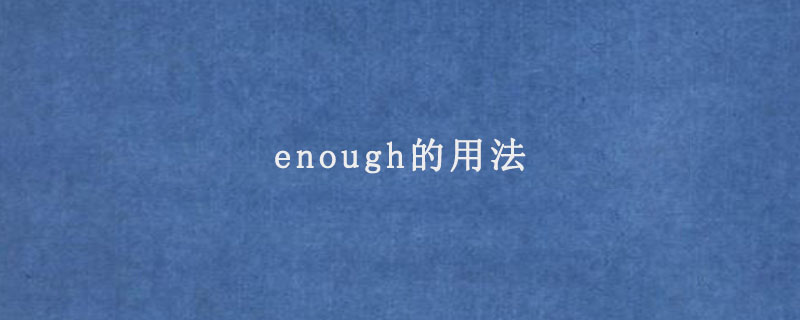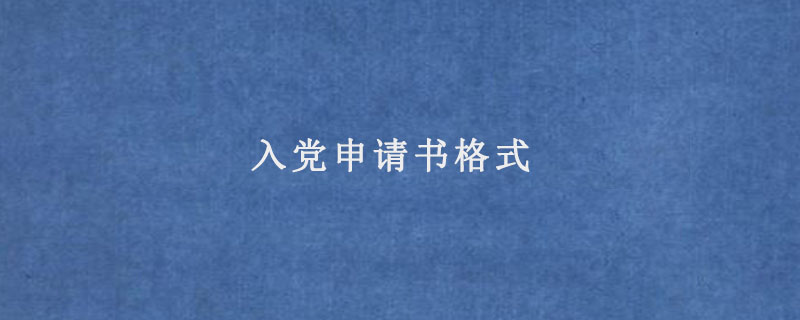enough的用法
更新时间:2021-07-29

enough的用法
enough adj,足够的,修饰可数名词或不可数名词,可以放在名词前面,也可以放在名词后面;adv,足够地,修饰形容词、副词、动词,并放在其后。enough 可当限定词、代名词和副词用,意为「足够(的/地)」,其主要句型为enough for somebody/something、enough to do something 及enough for somebody/something to do something。
enough 当限定词时后接复数可数名词或不可数名词。例如:
The conference room has enough seats for everyone. (会议室有足够的座位给每个人坐)
Enough 当代名词意为「足够;太多」,其后经常接「of + 受格代名词或特指的名词」(所谓特指的名词,就是名词的前面加上the, that, this, these, those或所有格,如my, John's 等等)。例如:
[饭后]
A: Have you had enough? (A:吃饱了吗?)
B: Yes, thanks. (B:吃饱了,谢谢)
扩展资料:
adj(形容词)
Sufficient to meet a need or satisfy a desire; adequate:
充足的:足以满足需要或愿望的;充足的:
enough work to keep us all busy.See Synonyms at sufficient
足够多的让我们大家全都忙碌的工作参见 sufficient
pron(代词)
An adequate number or quantity:
数目足够,数量充足:
“The Gods above should give,/They have enough and we do poorly live”(Henry David Thoreau)
“天上的神祉应该赐予/因他们富足而我们却贫苦度日”(亨利·戴维·索罗)
adv(副词)
To a satisfactory amount or degree; sufficiently:
足够地,充分地:数量或程度上令人满意地;足够地:
Is the fish cooked enough?
鱼做的火候够吗?
Very; fully; quite:
很;十分;充分地:
We were glad enough to leave.
我们很高兴离开
Tolerably; rather:
尚可;相当:
She sang well enough,but the show was a failure.
她演唱得算好的了,但演出却是个失败
interj(感叹词)
Used to express impatience or exasperation:
用以表达不耐烦或恼怒:
You've been practicing the violin all afternoon.Enough!
你整个下午都在练小提琴.够了!






















.png)


.png)


.png)

.png)

